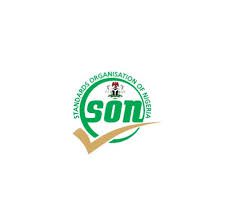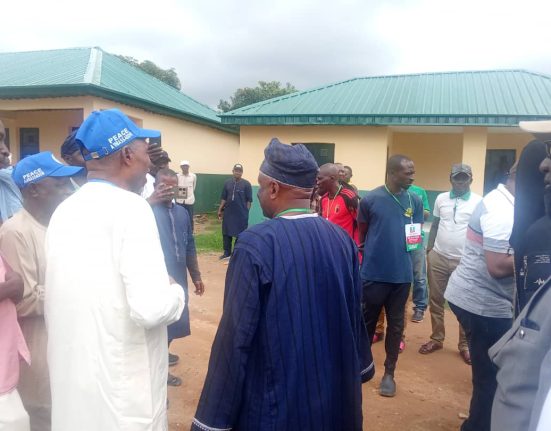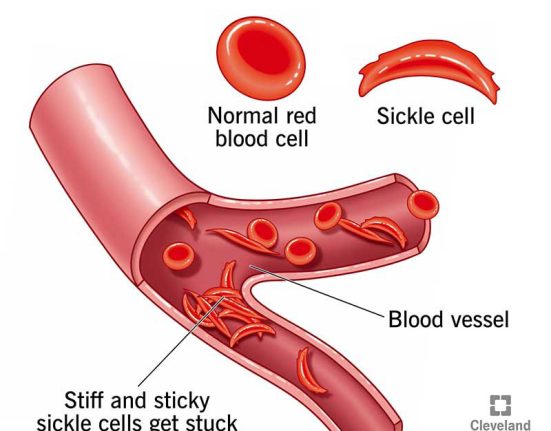The Standards Organization of Nigeria has intensified efforts to enhance product certification and support manufacturers by decentralizing its laboratory network and introducing a temporary Product Identification Scheme.
This move, he explained, will significantly reduce the time it takes for manufacturers to test their products, thereby easing the certification process.
Okeke also highlighted the agency’s strengthened manpower certification process.
Speaking at a stakeholders’ forum on the Mandatory Conformity Assessment Programme for all products manufactured in Nigeria and the Logo launch ceremony at MAN House on Tuesday in Lagos, the Director-General of SON, Dr Ifeanyi Okeke, said the agency has established seven regional laboratories in Bauchi, Abuja, Kano, Kaduna, Awka, Akwa Ibom, and Lagos.
“We have an internal system where a committee of senior SON officials objectively reviews all certification processes before approval. Previously, this took a quarter, but we have now reduced it to two weeks to ensure timely delivery,” he stated.
To address gaps in standardization, SON introduced the Product Identification Scheme as a stopgap for products without existing standards.
According to Okeke, this initiative allows emerging products to enter the market under temporary guidelines while SON works on developing formal standards.
“We cannot shut our doors to innovation. Industrialization must be encouraged while we gather data to establish necessary standards,” he emphasised.
“The PIS will run for three years, during which SON will monitor trends and ensure integration into the formal certification system. This initiative is a bridge between innovation and regulation, ensuring that manufacturers can operate while we develop necessary standards,” Okeke affirmed.
He added that with these reforms, SON is reinforcing its commitment to industrial growth and consumer protection.
Also speaking, the Director-General of Manufacturers Association of Nigeria, Segun Ajayi-Kadir, emphasised the need for strengthened standardization and quality assurance to enhance Nigeria’s competitiveness under the African Continental Free Trade Agreement.
Ajayi-Kadir warned against non-tariff barriers that could hinder market access for Nigerian manufacturers.
“For us to proudly demonstrate that our products meet global standards, we must eliminate technical trade barriers. Otherwise, we risk creating a 1.5 billion-person market for Asia, America, and Europe while sidelining our industries,” Ajayi-Kadir stated.
The MAN DG also stressed the importance of trade reciprocity, urging Nigeria to leverage its economic influence.
“We have always supported Africa through aid and peacekeeping. It’s time we use trade to get returns on our efforts,” he asserted.
He further called for a moratorium period to prevent waste and mitigate inflationary risks in the transition to new standards.







